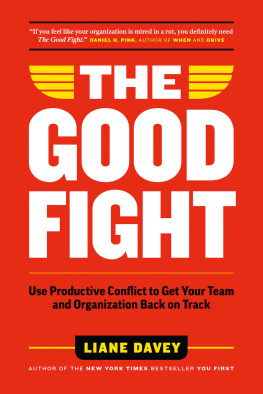LaVena Wilkin - De Gruyter Handbook of Organizational Conflict Management
Here you can read online LaVena Wilkin - De Gruyter Handbook of Organizational Conflict Management full text of the book (entire story) in english for free. Download pdf and epub, get meaning, cover and reviews about this ebook. year: 2022, publisher: De Gruyter, genre: Politics. Description of the work, (preface) as well as reviews are available. Best literature library LitArk.com created for fans of good reading and offers a wide selection of genres:
Romance novel
Science fiction
Adventure
Detective
Science
History
Home and family
Prose
Art
Politics
Computer
Non-fiction
Religion
Business
Children
Humor
Choose a favorite category and find really read worthwhile books. Enjoy immersion in the world of imagination, feel the emotions of the characters or learn something new for yourself, make an fascinating discovery.

- Book:De Gruyter Handbook of Organizational Conflict Management
- Author:
- Publisher:De Gruyter
- Genre:
- Year:2022
- Rating:3 / 5
- Favourites:Add to favourites
- Your mark:
De Gruyter Handbook of Organizational Conflict Management: summary, description and annotation
We offer to read an annotation, description, summary or preface (depends on what the author of the book "De Gruyter Handbook of Organizational Conflict Management" wrote himself). If you haven't found the necessary information about the book — write in the comments, we will try to find it.
Workplace conflict is inevitable when leaders and employees with diverse backgrounds have different work styles, which are often acquired from previous experiences. In an organization, they are brought together for a shared business purpose, to accomplish the vision and mission of the firm. Turnover, wasted time, loss of reputation, decreased productivity, and lower profitability are just some of the costs associated with unmanaged or mismanaged conflicts. Although many people believe that conflict is either something to be avoided or something to fight to win, when managed appropriately, conflicts can be the lifeblood of an organization. Conflict can be the impetus that sparks creativity and innovation and leads to positive organizational policy and culture changes.
Part of the problem is that most people have not been taught how to productively manage conflicts, and when they do what they have always done they are getting the same negative results. Conflict management is an ever-evolving area in organizational affairs. Organizations are microcosms of society, and as society evolves and changes, leaders will benefit from understanding typical root causes of conflicts (both interpersonal and organizational), appropriate methods for managing conflicts, and unique concepts that contribute to conflict situations.
There has been a need for a handbook that offers a practical guide to conflict management and supports these concepts with scholarly research. Not only will this handbook offer a scholar/practitioner insights into the fundamentals of conflict management, such as communication, diversity, and conflict styles, it will also delve into topics that have been given less attention, such as ethnos religious, sexual preferences, generational differences, and workplace bullying. Additionally, this handbook will provide organizational leaders with various techniques for resolving conflicts appropriately and ways to design a system that reduces the costs of unmanaged and unproductive conflicts. The goal of this handbook is to offer organizational leaders and employees a deeper understanding of what causes conflicts and provide them with solutions for turning unproductive conflicts into positive opportunities for growth.
LaVena Wilkin: author's other books
Who wrote De Gruyter Handbook of Organizational Conflict Management? Find out the surname, the name of the author of the book and a list of all author's works by series.









